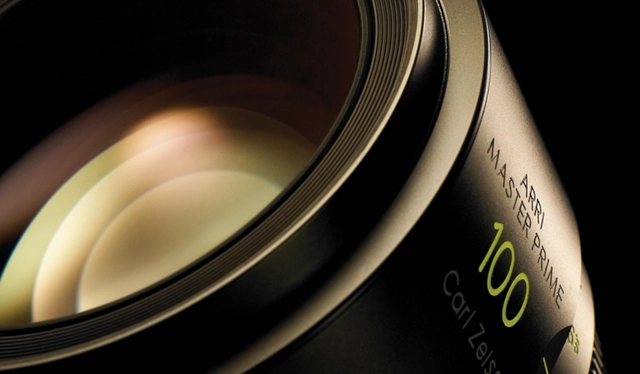The Evolution of Photography
As technology advances, photography has evolved alongside it. The days of film cameras and darkrooms have been replaced by digital cameras and photo editing software. Some may argue that with the advent of DSLR cameras, photography has become less of a skill and more of a simple point-and-shoot process. In this article, we will explore whether photography is still a skill, even with the help of advanced DSLR cameras.
Understanding the Basics of DSLR Cameras
DSLR cameras are a significant improvement on their predecessors, offering higher resolution, better image quality, and more advanced features. They have made photography more accessible to the masses, allowing even amateur photographers to take stunning photos with ease. However, it's essential to understand that owning a DSLR camera doesn't automatically make someone a skilled photographer. There are still fundamental principles of photography that must be learned and practiced, such as composition, lighting, and exposure.
Composition: A Key Element of Skillful Photography
One of the most critical aspects of photography is composition. This refers to how a photographer frames their subject and arranges the elements within the frame. A skilled photographer will use composition techniques like the rule of thirds, leading lines, and depth to create visually appealing images. While DSLR cameras may help with some of these techniques, they cannot replace the skill and creativity required to compose a truly captivating photo.
Mastering Lighting: A Fundamental Photography Skill
Lighting is another aspect of photography that requires skill and knowledge to master. Understanding how natural and artificial light sources affect a photo's mood, colors, and overall quality is essential for achieving the desired result. While DSLR cameras often have built-in features to help adjust for different lighting conditions, a skilled photographer will know how to manipulate light to their advantage, creating images that capture the essence of a scene.
Exposure: Balancing Aperture, Shutter Speed, and ISO
Exposure is the process of controlling the amount of light that enters the camera's sensor, and it's a crucial aspect of photography that requires skill to master. A skilled photographer will know how to balance aperture, shutter speed, and ISO to achieve the desired level of exposure for their photos. While DSLR cameras often have automatic exposure settings, understanding and manually controlling these settings is essential for capturing the perfect shot.
The Role of Post-Processing in Modern Photography
Post-processing, or photo editing, has become an increasingly important aspect of photography in the digital age. Many photographers rely on software like Adobe Lightroom and Photoshop to enhance their images, correct imperfections, and create unique artistic effects. While some may argue that this reliance on technology diminishes the skill involved in photography, it's essential to remember that post-processing is a skill in itself, requiring knowledge, creativity, and an understanding of the various tools and techniques available.
The Art of Storytelling in Photography
Photography is much more than just taking visually appealing images; it's also about telling a story through those images. A skilled photographer will know how to capture not only the subject but also the emotion, mood, and context of a scene. This ability to evoke emotions and tell a story through photography is something that cannot be replaced by advanced technology like DSLR cameras. It requires skill, creativity, and a keen eye for detail.
Conclusion: Is Photography Still a Skill?
In conclusion, while DSLR cameras have undoubtedly made it easier to take high-quality photos, they have not eliminated the need for skill and knowledge in photography. A skilled photographer must still master composition, lighting, and exposure, as well as post-processing techniques and the art of storytelling. Owning a DSLR camera may provide a starting point, but true skill in photography is developed through practice, experience, and a deep understanding of the principles and techniques that create captivating images.


